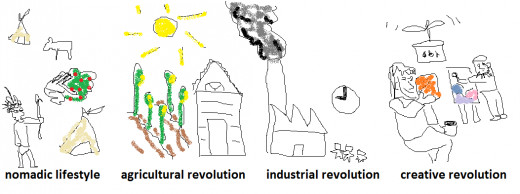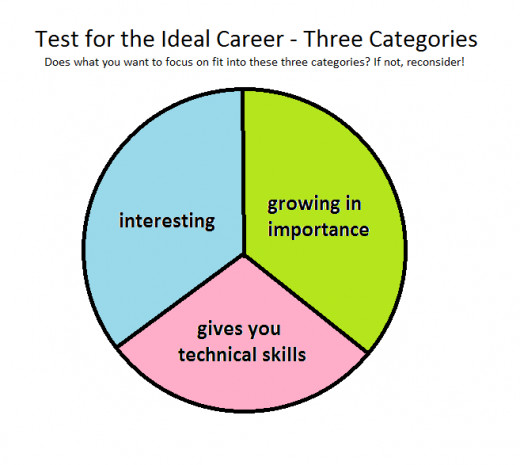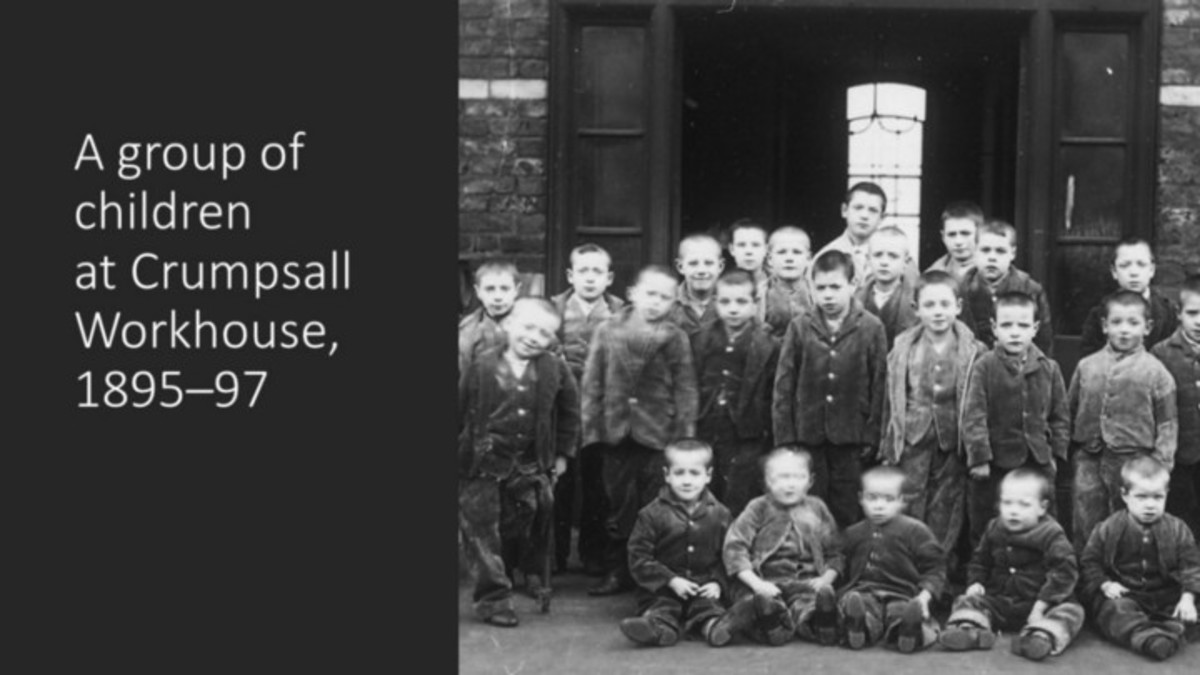The Future of Earning a Living
The History of Careers
Before we talk about the future of earning a living, we must understand the past.
The agricultural revolution was the time when modern human society really started to take shape. People could now settle down in one place and have an interest in a piece of land.
A farmer would start his day with the rising of the sun - for you needed sunlight to be able to work in your field. He would then tend to his crops, animals and other tasks as he had to do in the morning. By noon, he would go back into the farmhouse for lunch and a nap. After his nap, he would go back out and do much of the same, before the sun had set. At night, he was very free to do whatever he wanted; perhaps he would work on his musical skills or spend time with his family.
Then came the industrial revolution, which changed the lives of everyone - even those who chose to remain as farmers. The industrial revolution saw people move away from their farming communities and into cramped and dirty cities. It was in these cities that people would spend 8 hours working, 8 hours sleeping, and 8 hours doing whatever else they needed. This was all to support the giant factories that sprung up to produce everything from steel to baked bread.
From this pattern of life rose the idea of "retirement" - the period in a person's life when they were too old and thus too weak to be of any use at a factory. Yes, that's right... retirement means that you are no longer useful as a worker.
So, people would work as soon as they were physically able to... spend their days away from their family... go home after their shift, too tired to do anything worthwhile... then go to sleep in order to repeat it the next day. After many years of service, when someone was no longer physically fit enough to do his work, he would be shown the door with nothing more than a little pension. Then, death.
Such a person would be lucky if he did not get injured or too sick to work!

The Industrial Revolution is Not Gone
This industrial-revolution mindset is still ingrained in our society, even though it's already 2015. It's going to take a really, really long time to wean the greater society off of this way of thinking - although the good news is that it's starting to happen.
Vestiges of the Industrial Revolution Mindset:
1. Choose a Career
2. Retirement
3. Wake up in the Morning
4. Manage or be Managed
The industrial revolution mindset is clashing greatly with our new "Creative World" mindset, whereby personal time, time with family, time with friends, time to do good, time to help others, is ostensibly put at the forefront. How can you do all the good things in life when you're stuck at a boring and exhausting job for eight hours a day, though?
These Days
These days, people still tend to think in terms of jobs or careers. Ask anyone what their goal is, and you're going to hear something job-related like, "I want to become a manager," or even, "I want to run my own business."
Isn't that insane, though? People's goals don't even consist of what they want to do anymore! Their goals just consist of what they want to do that will get them money. And for the average person, jobs or a career is all they can think of. It's no child's dream to manage a team of 50 people serving customers, after all.
Ask yourself what you would do if you had millions of dollars. What would you do after you got all that traveling out of the way, bought whatever you wanted, gave to your favorite charities and shared with family/friends? When you got bored... what would you do? That's the real answer to, "What is your goal," and it's the future of work for us humans.

How do I Live in the Creative Age?
To live properly in the new era that we are facing - a time of great social and technological change - we need to live differently and stop listening to our parents/grandparents! Sure, their advice can and does work today, still, but a lot of the time it creates a lot of unhappiness. Why do that when you can already start living the life of the generation of the future?
So, there are some rules I've come up with to help you out:
Rule #1 - Be creative, be specialized.
If you're in high school and reading this, you're probably going to be able to live the good life - you've got the creativity to think beyond what's all around you! If you've just started university or college, it'll take effort, but it's not that hard. If you've done all that and are a couple years into the working world (or even many years into the working world) and you've got financial obligations, well... it's going to take a lot of effort from you, but it's doable.
You need to train yourself in a field that you find interesting, is growing in importance and gives you actual technical skills. Stop, stop thinking about how much money it can make you! Any field that fits the three requirements I mentioned has the potential to give you financial freedom (it all depends on how much effort you put in). If you believe in the field (such as robotics, software engineering, biochemistry, etc.), then the technical aspect of it is what determines its worth. No one can argue that you need a civil engineer to build a bridge... but do you really need a marketer to market that bridge?
If you're out of high school, you can direct your learning at school into the field you've chosen. If you are in college or university, you might have to change majors or start taking more courses in the proper field. My big tip for university students is: don't major in something useless. Sure, every major in university has its merits and you get a degree at the end, but the thing is... there are a lot of majors that are interesting and should be pursued as a hobby... but should not be the subject of a degree since it does not allow you to contribute much to the world (practically and economically). And majors that don't allow you to contribute to the world don't usually reward much.
If you're older and are out there working and hate it... well, there's still hope! You can either tough it out, save up some money and go back to school. You can do night school. Or, you can do something on the side that will eventually grow into what you want it to. Many people have started their dreams while working a day job. It takes a lot more work and dedication and it will take a lot longer, but you can do it!
Rule #2 - Start now, start early, a little bit everyday, keep going, don't give up.
This is the second and final rule. Basically, sitting on your butt at home after work and doing nothing toward your goal isn't going to get you anywhere! You're just going to be another industrial worker if you spend all your free time "relaxing". Don't waste your time recharging for the boring, mindless job! Spend your free time in order to be able to eventually eliminate that industrial-era slavery. Do it now.
Start now. It doesn't matter if you only do something as simple as write your goal down on a piece of paper. Start it now, do it. Then tomorrow, do a little more - add to that piece of paper. Once the paper is full, do something physical to get going. The key is that you must start now, no matter how imperfect and no matter how little. The longer you do something, the more momentum it builds and the better you become at it. Think about how babies learn to walk. They start by learning how to control their muscles, then they learn how to sit up, then how to roll, then how to crawl, then how to walk very short distances, then finally after maybe a year, how to walk! A year is a long time, but then again, it isn't. You can do the same.
Make sure to do a little bit every day, too. It's easy to do a little bit everyday. How long is ten minutes? That's less than the time it takes you to get changed and ready in the morning! At the same time, ten minutes is easy to dismiss, easy to overlook. Don't overlook it and don't waste your time now. And whatever you do, keep going... don't stop. You should feel guilty if one day goes by that you haven't worked on your creative goal. You should feel very guilty.
And most of all, don't give up. Don't stop for any reason. If you feel like you're not learning that fast, oh well... most people don't learn that fast. Most experts at something took a long time to become that way. As long as you keep plugging along, like that baby who wants to talk - you'll get there. What matters is not how long it takes you to get there, but that you keep trying and that you do get there. Don't even bother telling anyone about your plans... you might get a lot of negative opinions. Just show 'em in the end!






